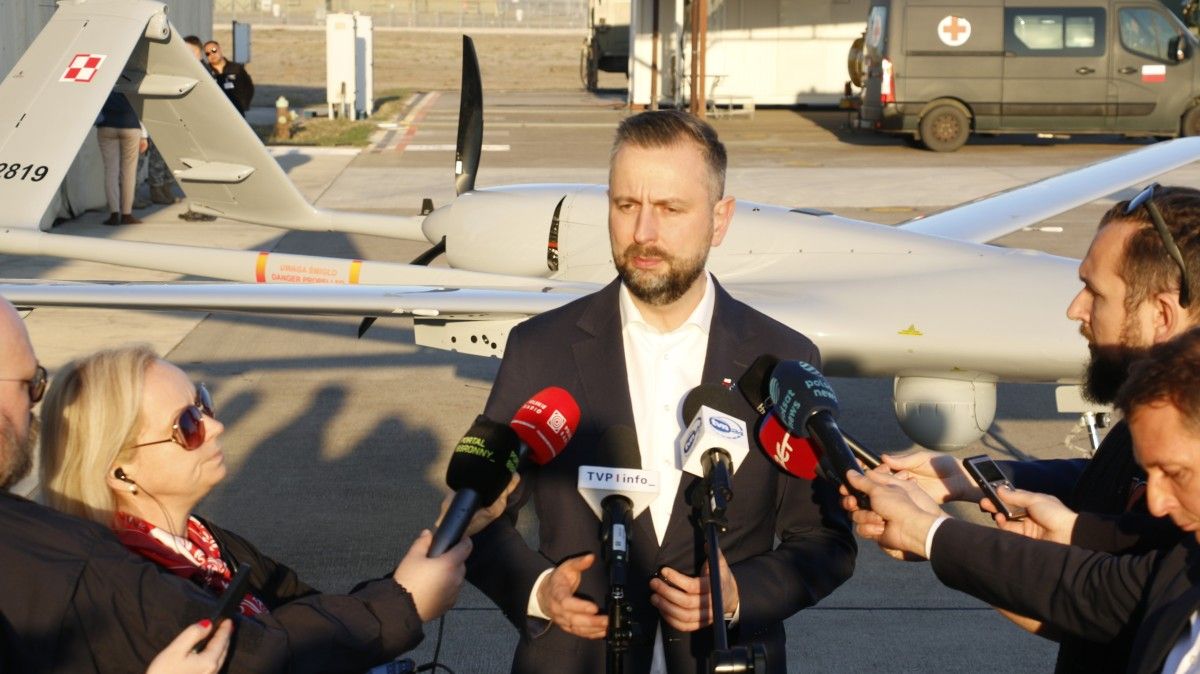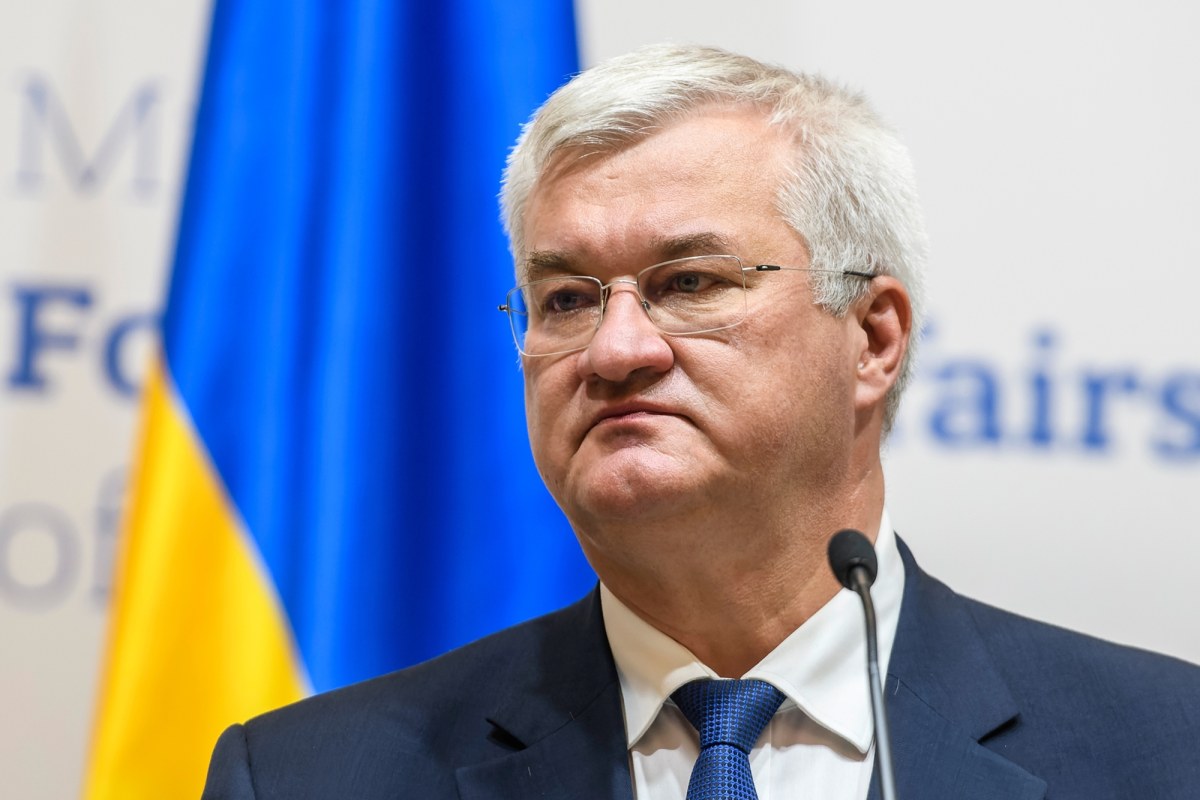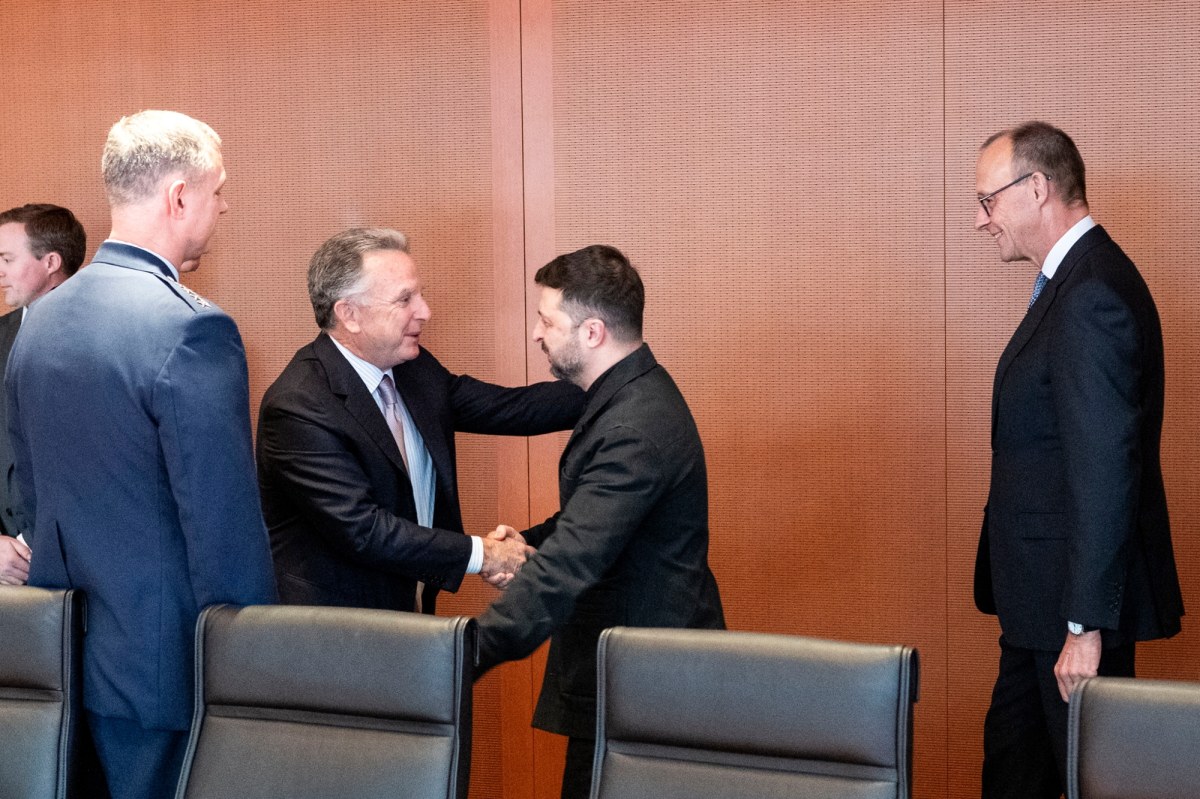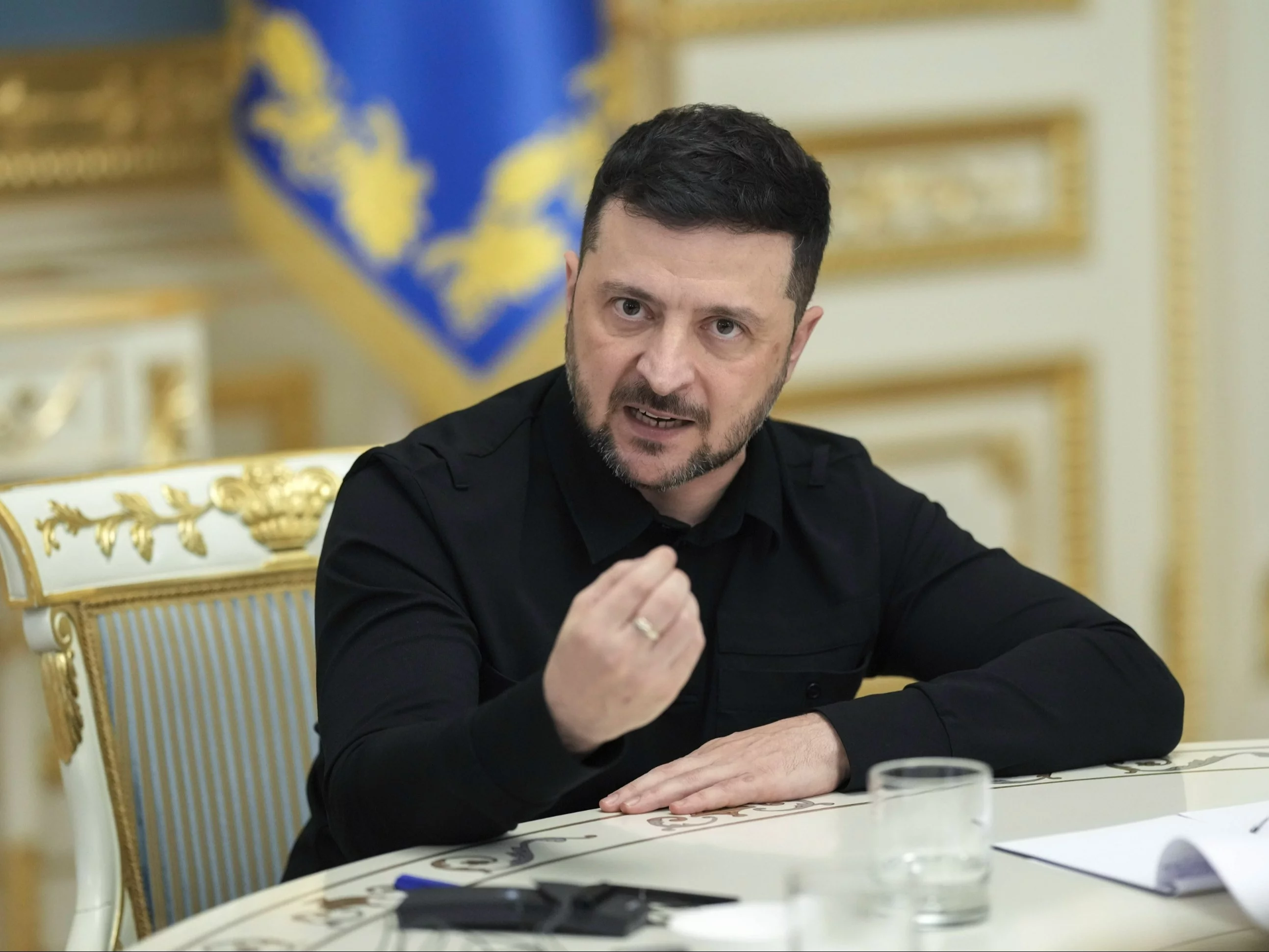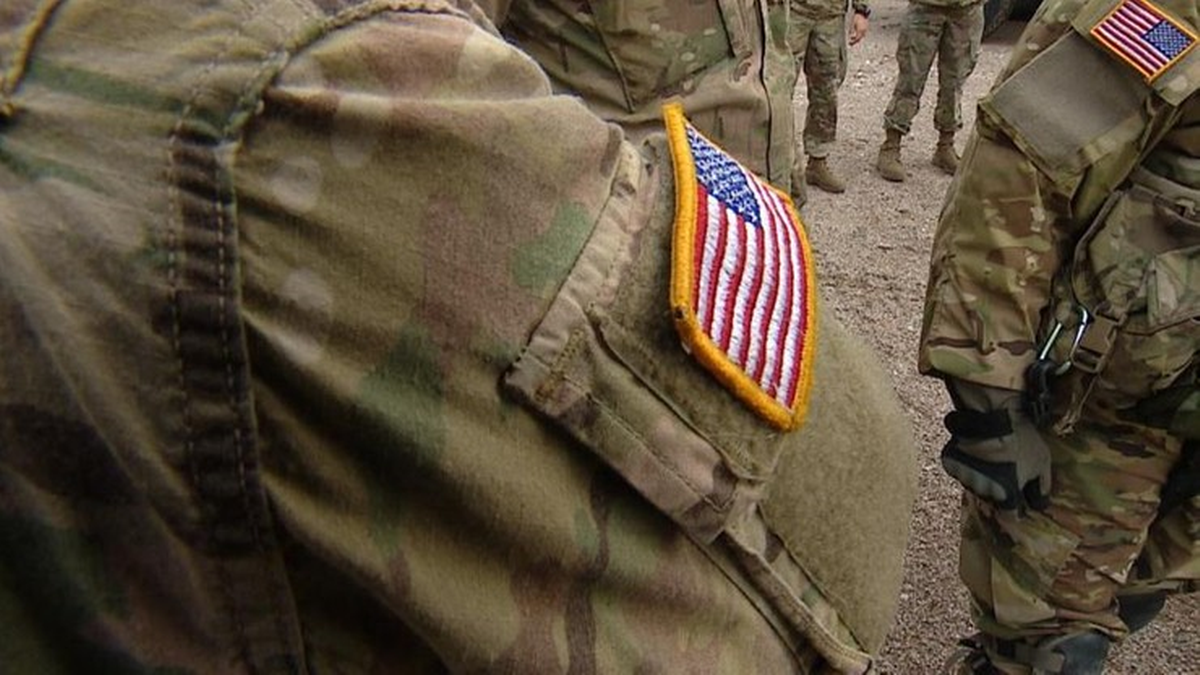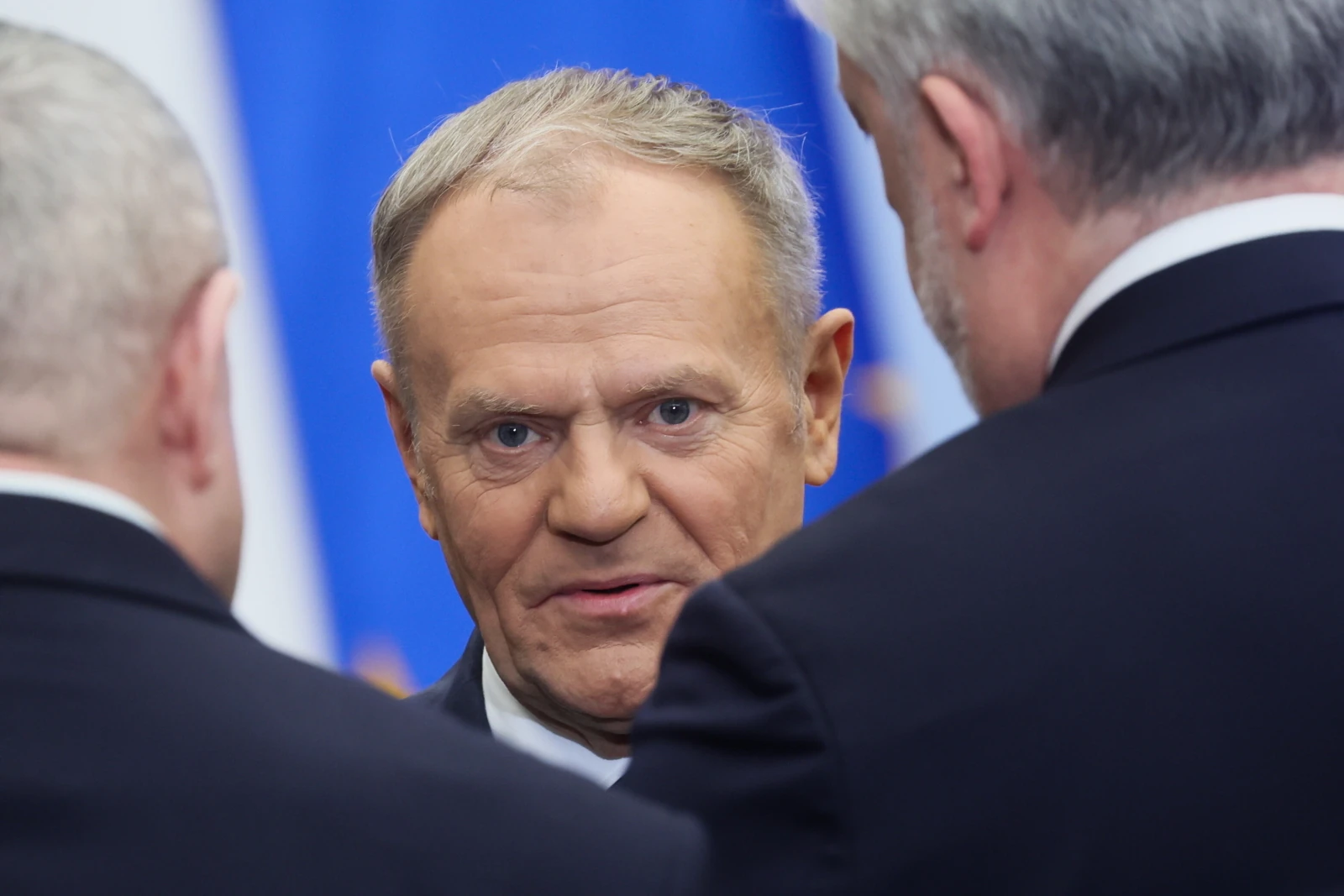
Re-Evaluating Russia’s Special Operation In Light Of The Valdai Club’s Startling Insight
Authored by Andrew Korybko via Substack,
The Valdai Club, which is Russia’s premier think tank and elite networking platform at whose annual meetings Putin participates, shared some startling insight into “the changing purpose of wars”. It was included in the eponymous section of their report titled “Dr. Chaos or: How to Stop Worrying and Love the Disorder”, which was written by Oleg Barabanov, Anton Bespalov, Timofei Bordachev, Fyodor Lukyanov, Andrey Sushentsov, and Ivan Timofeev. They’re all regarded as Russia’s top policy influencers.
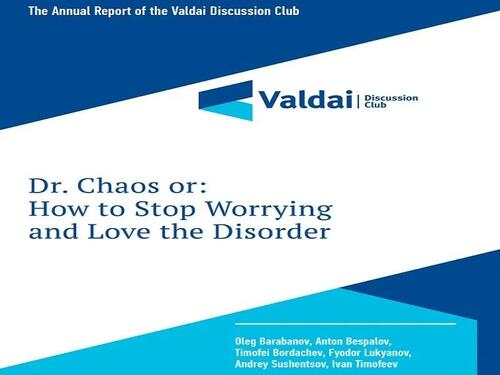
They wrote on page 25 that “Russia would not risk its own socioeconomic stability for a decisive victory in a military conflict. One exception is direct full-scale aggression, but the probability of such an action against a nuclear superpower is close to zero…Perhaps the purpose of wars has changed. The contemporary objective may no longer lie in victories – wherein one party achieves all its goals – but rather in maintaining a balance necessary for a period of relative peaceful development.”
This startling insight prompts a re-evaluation of the special operation, which has been going on for over 3,5 years, in no small part due to Putin’s restraint in not waging a US-inspired “shock-and-awe” campaign at the cost of Iraqi-like civilian casualties among what he believes to be the fraternal Ukrainian people.
In light of what Russia’s top policy influencers just revealed, however, a complementary reason might be his trusted policy advisors’ reluctance to risk their country’s “socioeconomic stability for a decisive victory”.
It can only be speculated what form this could take if Putin abandoned his restraint by ordering the bombing of bridges across the Dnieper, the total destruction of all major Ukrainian power plants, and/or targeting political sites like the Rada. Nevertheless, the salience rests in the Valdai Club’s implied assessment that pursuing “a decisive victory in a military conflict” presumably like the present one could lead to such risks, thus further contextualizing why this hasn’t yet happened and might never will.
More insight followed on page 26. According to the authors, “The current system is not excessively unfair to any of the major players; in other words, it is not so flawed as to require revolutionary solutions. The world has experienced numerous social and political upheavals on its path to self-awareness, learning to manage nature and control the most destructive socio-political processes. This capability has now reached a significantly high level.”
Moreover, “It appears that the era of grand ideas, overarching theories, comprehensive programmes, and great expectations is over…national plans – even the most ambitious – are based on existing opportunities and realistic, accessible means of expanding them; they do not require a fundamental restructuring of the global order.” This suggests Russia’s satisfaction with the multipolar gains since 2022 and its reluctance to risk their reversal through a “decisive victory” that might destabilize this new order.
To be clear, the Valdai Club only represents one of Russia’s policymaking factions and their insight might not accurately reflect Putin’s calculations, which could always change in any case. Even so, it does indeed explain Russia’s willingness to compromise with the US, ideally with the aim of reforming the European security architecture as the grand strategic outcome of this conflict. Trump thinks that he can coerce Russia into concessions, however, which risks unleashing the chaos that Putin’s restraint seeks to avoid.
Tyler Durden
Sat, 10/04/2025 – 07:00

